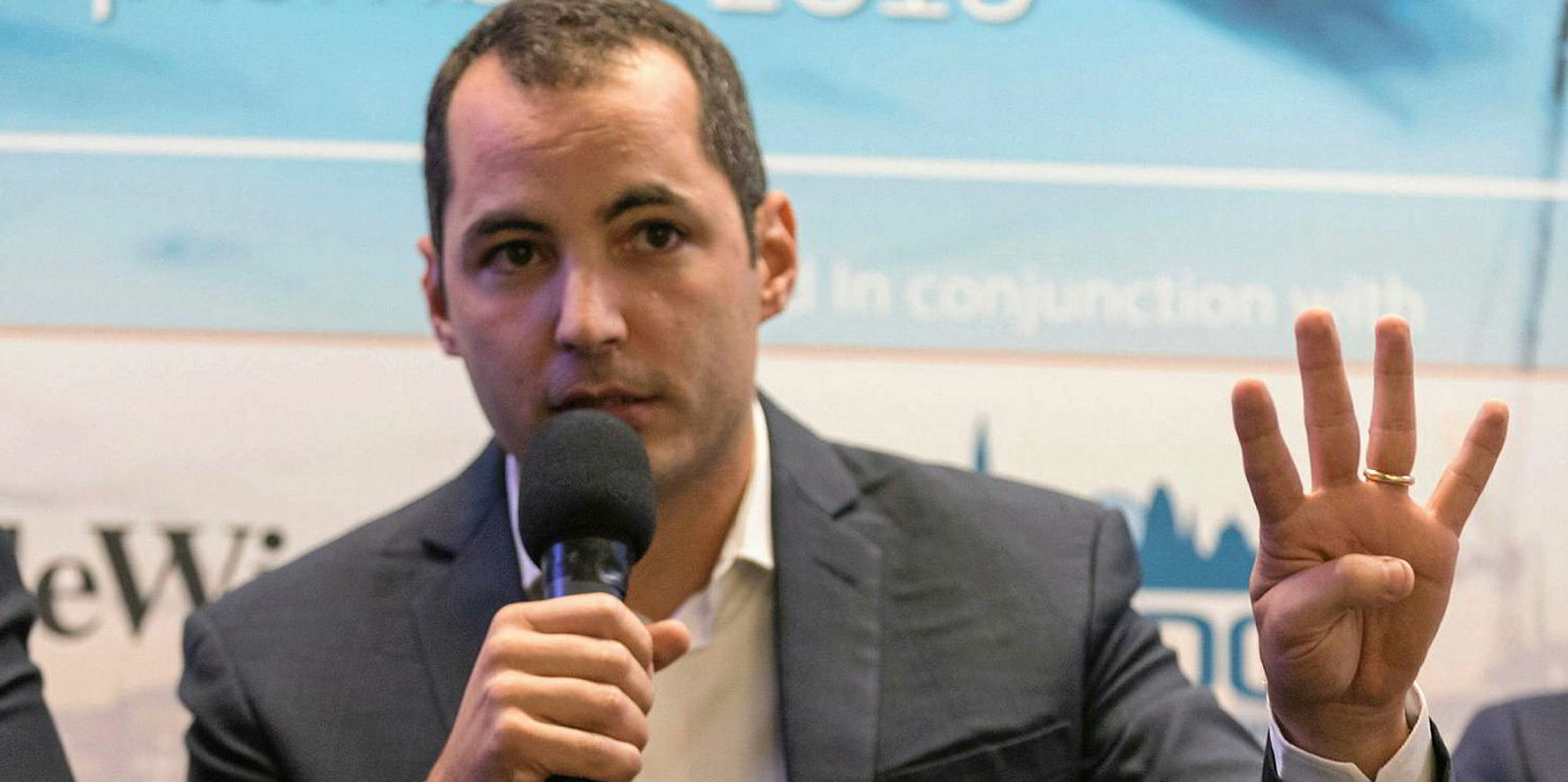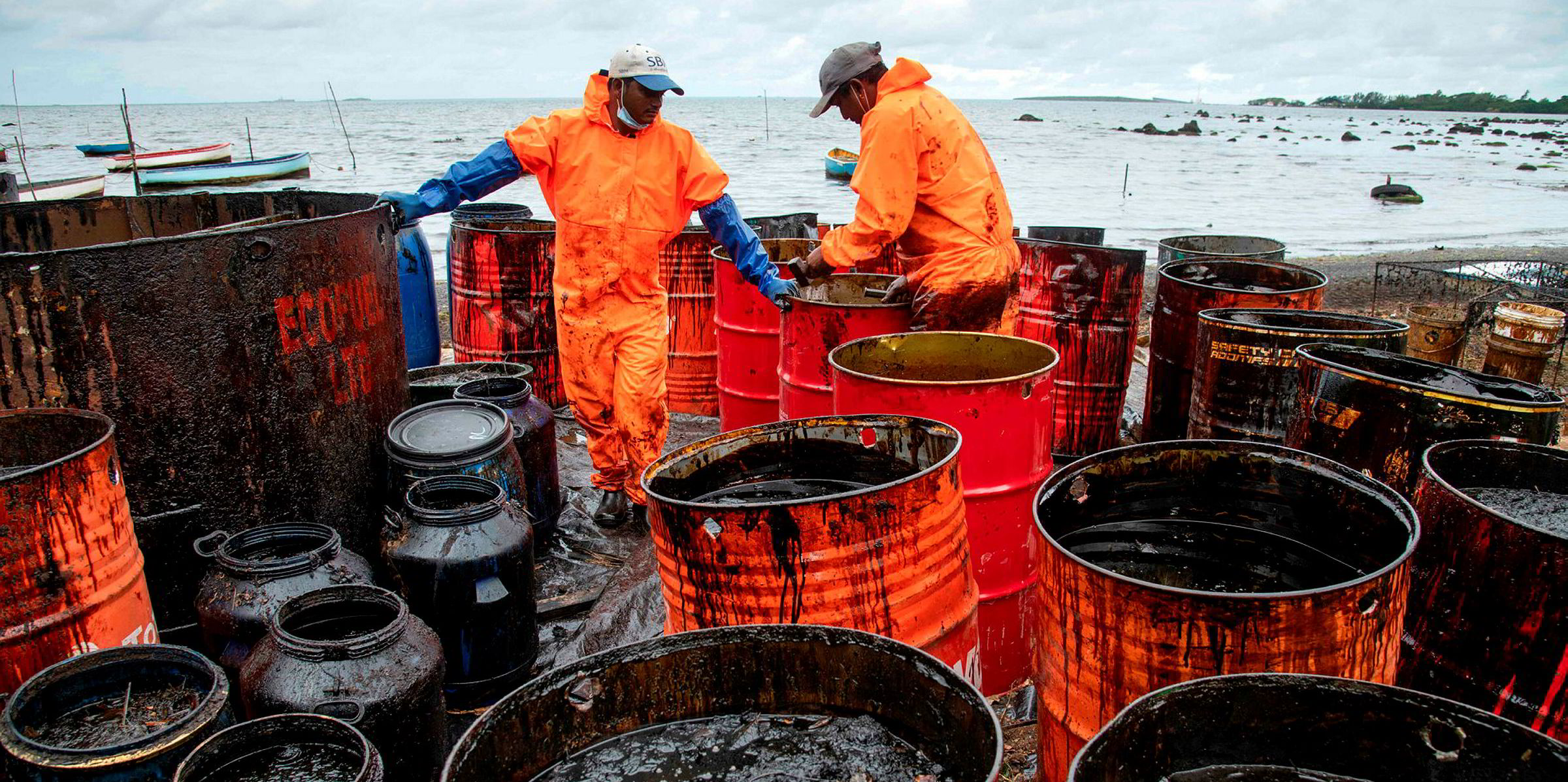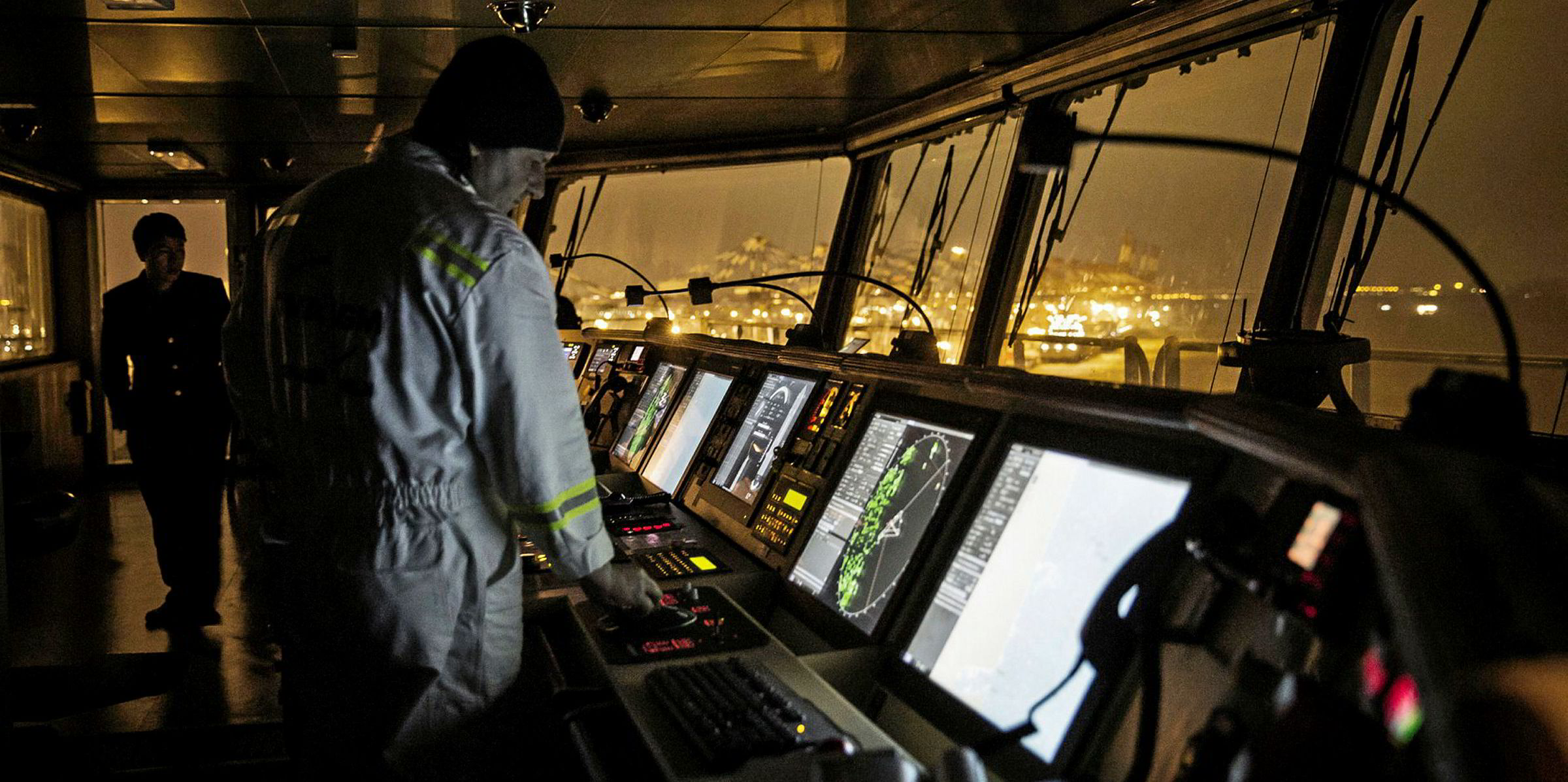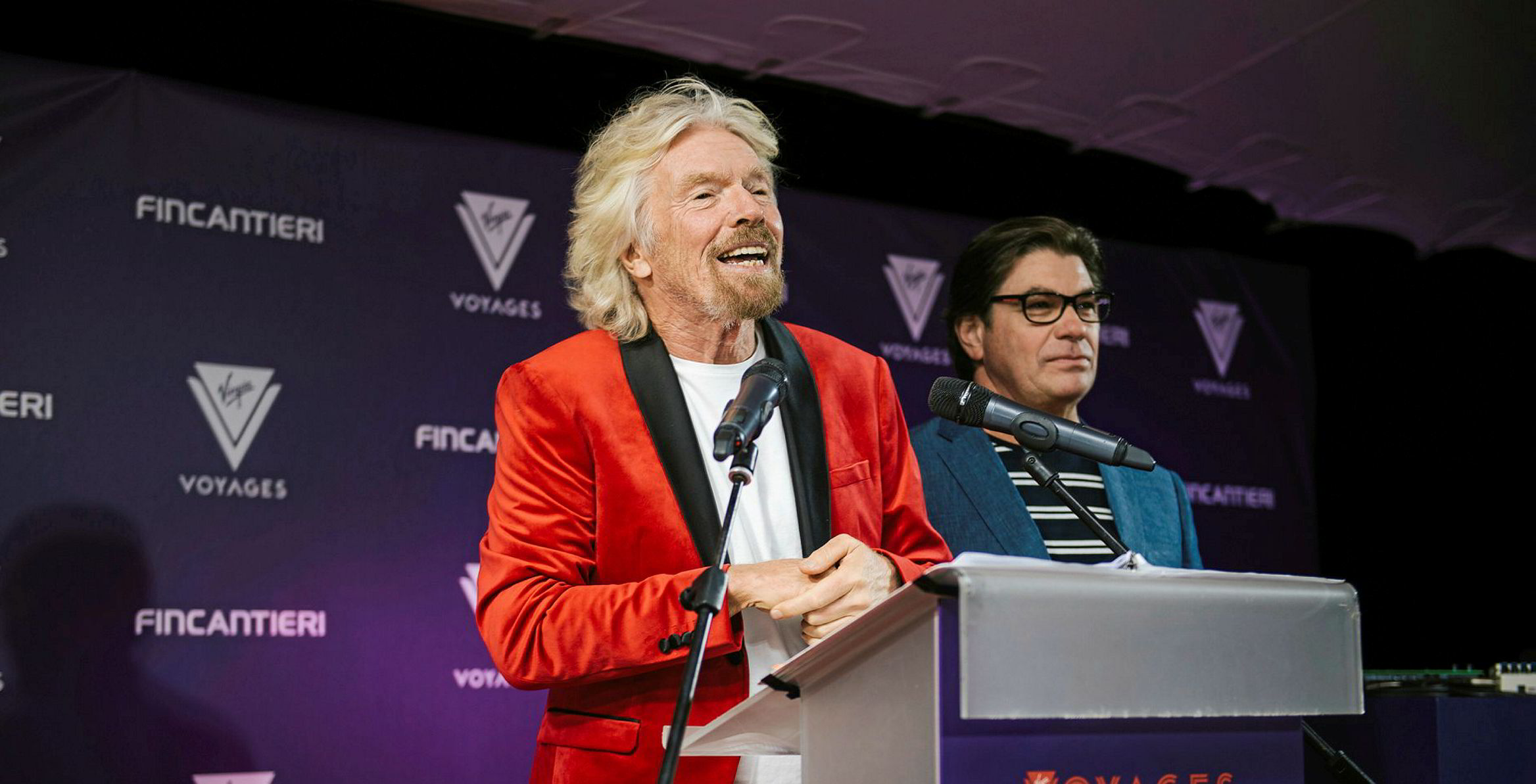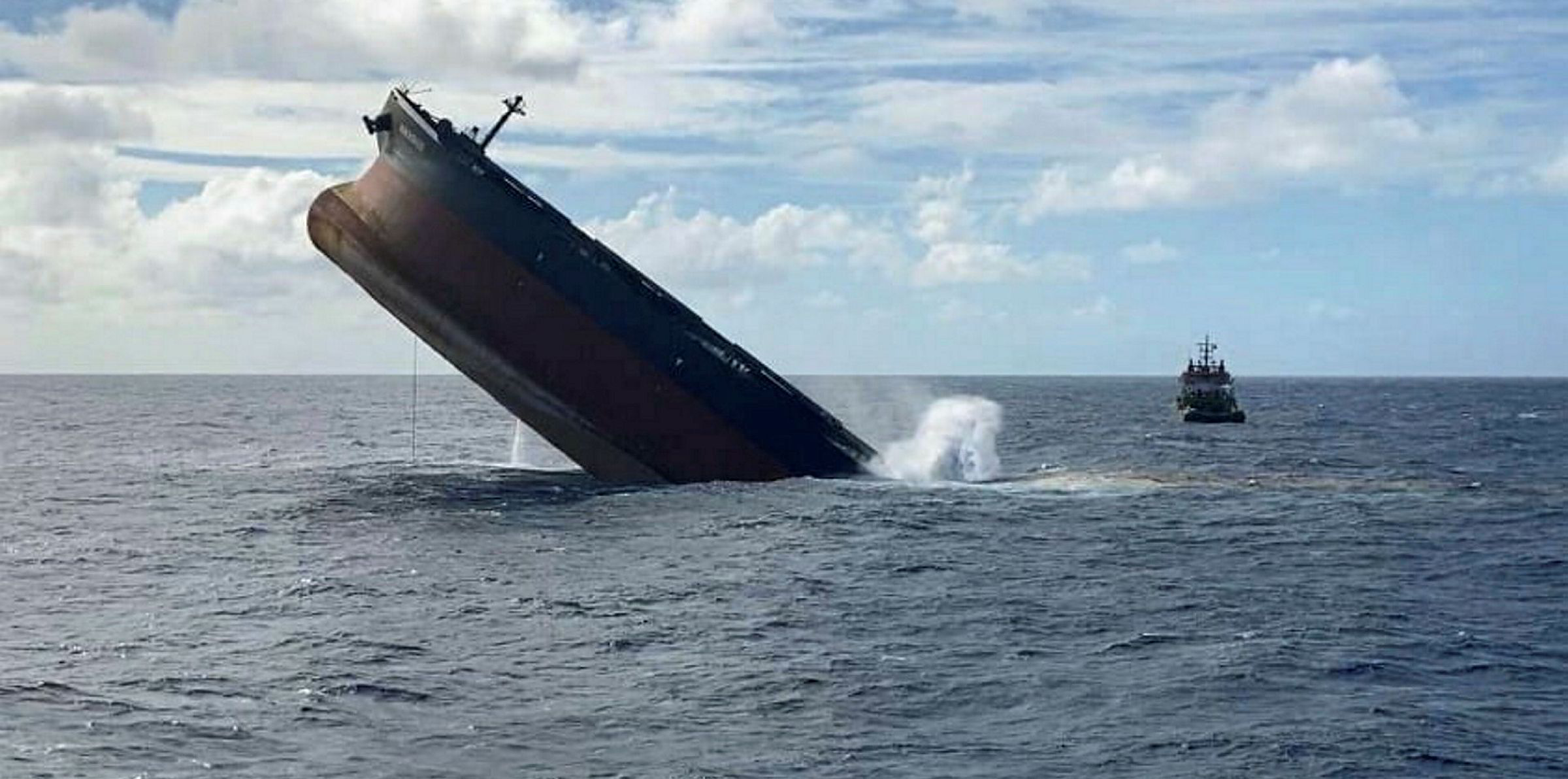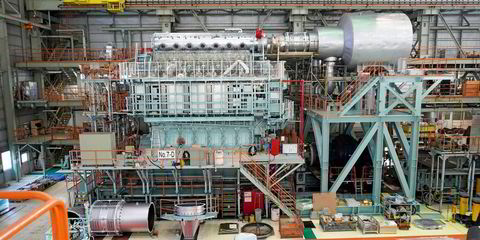Predictive maritime intelligence firm Windward is seeking partners to develop an early-warning marine accident system for island nations, and is offering technology to make it happen.
Chief executive Ami Daniel, whose Israeli company fuses shipping data with artificial intelligence, said the grounding of the 203,100-dwt bulker Wakashio (built 2007) off Mauritius in July was predictable and could have been avoided.
He wants to provide a service that can help small island nations whose sovereign areas are largely ocean and which do not have the funds or capability to operate high-tech systems that would help prevent environmental disasters like the oil spill from the Wakashio.
“Mauritius is a classic example of why this could have been prevented. This is a straightforward case where the vessel sails three or four degrees further north than where it should go and takes a collision course to the island, and nobody is looking at it for three days,” he told TradeWind.
Technically easy
“That is something that is technically easy to pick up. That is not an issue. The issue is the political will: whose responsibility is it to do that?
“We are willing to put the technology to work. We don’t want any money for it, we are happy to contribute our expertise, but we need partners to make sure this doesn’t happen again.”
Windward’s platform provides vessel location, ownership and cargo information alongside forward-looking predictions about security, compliance and safety issues. It uses data sources including AIS, radio frequency analytics, HawkEye 360 and optical imagery from Inmarsat C. It also uses information from bills of lading and track-and-trace feeds, among other sources.
Daniel said the number of trials of its predictive technology taken out by governments and companies has doubled in the past three months.
He reckons a team of four or five people working anywhere in the world could provide the tracking and liaison services to warn smaller nations about potential maritime threats, and thinks the system would cost about $1m a year to operate.
Beirut explosion
Daniel is looking for non-governmental organisations (NGOs), ship operators and charities wanting to get involved.
“We are a small company of 100 people by the end of the year — we can’t do everything ourselves,” he said.
“We are having discussions with a few NGOs, but we need all the help we can get from partners.”
Daniel, who has set up Arab-Israeli charitable foundations in his hometown of Haifa, said he grew up with the sea, and that ocean pollution affects everyone due to global reliance on marine food, tourism and trade. He served in the Israeli Navy and was on a corvette hit by a missile in July 2006 during the second Lebanese war.
He cited the Beirut explosion of an ammonium nitrate cargo from a long-detained vessel in August as another case that could have been spotted.
Now Daniel is looking for a coalition to set up an infrastructure that can help prevent accidents and disasters for the good of the world. Already on the team is Windward chairman John Browne, who was chief executive of BP from 1995 to 2007.
But Daniel thinks a global structure working through the likes of the International Maritime Organization would be too big.
“I want to make an impact in three, six, nine months. If we put the bar too high, we will end up nowhere,” he said.
Warning sign
“I am willing to provide the tech. If there is an NGO out there right now, please pick up the phone and we will do it next week.”
Daniel is fully aware that ships can go dark on AIS but he said that in itself can be a warning sign. And no technological solution can be fully foolproof, he believes.
However, he added: “In 80% of cases our technology will pick it up, but somebody needs to have eyes on the screen and pick up the telephone and interact with these island nations — or else we will wake up again in a year’s time to another Mauritius.”
